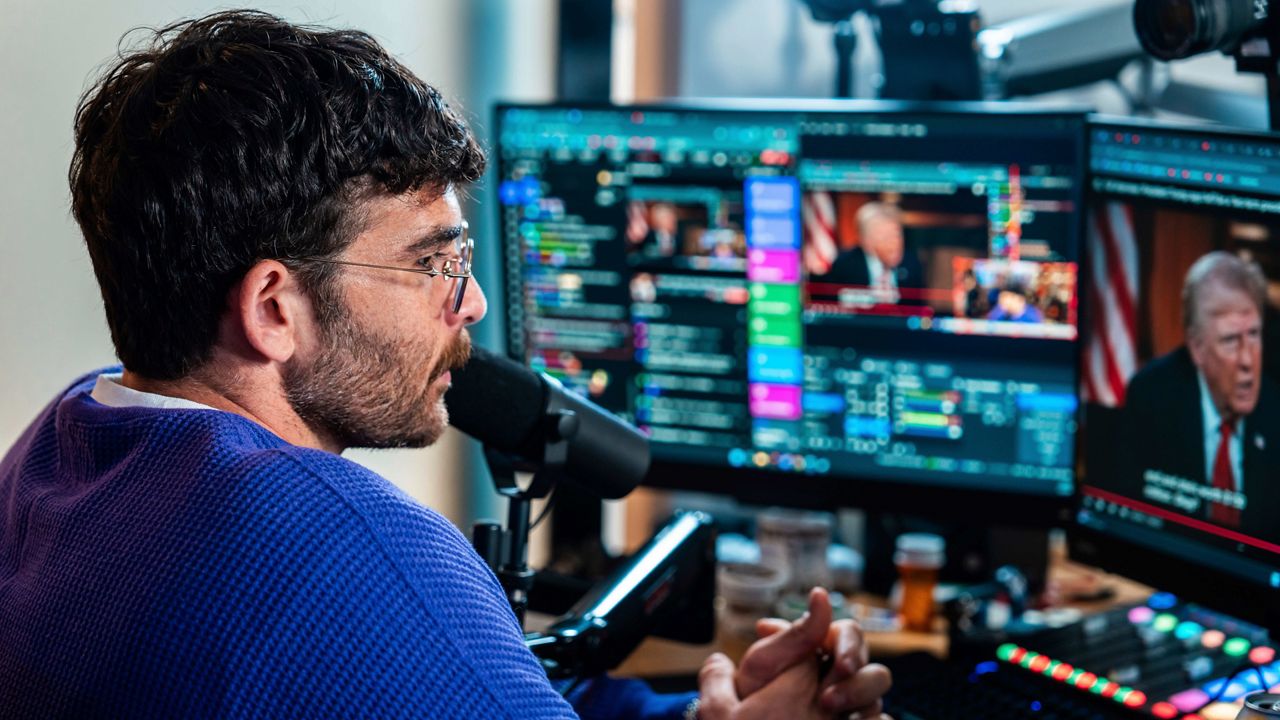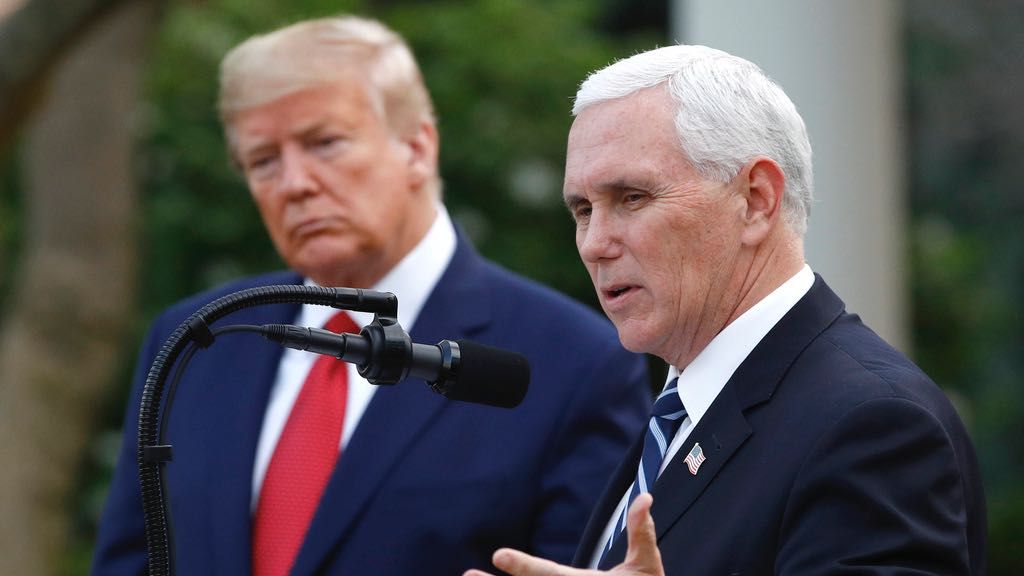The House on Thursday passed a bill that would give Puerto Rico’s residents a say in whether the island territory becomes a U.S. state or an independent country.
The Puerto Rico Status Act passed the House of Representatives in a 233-191 vote, with 16 Republicans joining all present Democrats to pass the bill.
The measure, introduced by Arizona Rep. Raúl Grijalva and co-sponsored by both Democrats and Republicans, would allow Puerto Ricans to vote on three options for their future: Become a full U.S. State, an independent nation, or Sovereignty in Free Association with the United States, similar to the status of Palau, Micronesia and the Marshall Islands.
Lawmakers in Congress cheered as New York Rep. Alexandria Ocasio-Cortez, who is of Puerto Rican descent, gaveled out the vote.
"Today, for the first time in our nation's history, the United States will acknowledge its role as a colonizing force and Puerto Rico's status as an extended colony,” Ocasio-Cortez said on the House floor ahead of the vote. “The Puerto Rico Status Act begins a process for Boricuas to decide their own future.”
Fellow New York lawmaker Nydia Velázquez, who was born in Puerto Rico, said the bill is a long time coming: "History calls upon us to put politics aside and do right by the people of Puerto Rico."
According to the 2020 census, Puerto Rico’s population sits at more than 3.2 million, greater than the population of 20 current U.S. states. Puerto Rico has been a territory of the United States since 1898, in the aftermath of the Spanish-American War. Puerto Ricans have been U.S. citizens since the 1917 passage of the Jones-Shafroth Act, but they do not have electoral votes for president or voting representation in Congress.
Puerto Rico has held several unilateral, nonbinding referendums on the issue, but this would be the first that would not include possible continuation of the current status as a U.S. commonwealth. The vote marks the first time lawmakers have ever passed a law that would establish a binding referendum for the people of Puerto Rico.
“Puerto Ricans and people of Puerto Rican descent have had an important place in the American family for over a century,” said House Majority Leader Steny Hoyer, D-Md. “They contribute to American culture. They help protect America’s national security. They support the American economy and our shared prosperity. They are American citizens like you and me.”
“For far too long, however, the people of Puerto Rico have been excluded from the full promise of American democracy and self-determination that our nation has always championed,” Hoyer continued. “We owe it to Puerto Ricans to bring an end to their island’s 124-year-old status as a U.S. territory and to grant them control over their island’s political future.”
A number of lawmakers delivered similarly passionate defenses of the bill ahead of the vote.
"It's time to set our people free," Rep. Darren Soto, D-Fla., said on the House floor. "After 124 years, it's past time for Americans in Puerto Rico to decide their own form of government."
"I am Puerto Rico's only voice in Congress," said Jenniffer González-Colón, the Resident Commissioner of Puerto Rico. "I represent 3.2 million American citizens living back home, more constituents than anyone in this chamber – and yet, while we consider a bill I helped write, a bill that will directly impact the life of every citizen I represent, I still must rely and depend on everybody here because I can not vote on the floor."
"I hope we can all agree that we all value basic human rights, and that means like every American citizen, our Puerto Rican neighbors deserve true representation, equal rights and everything that flows from that," said Rep. Kathy Castor, D-Fla.
The measure now heads to the Senate. It's unclear whether it has enough Republican support to overcome a filibuster, or if the Senate can take it up with so much left to do with just weeks left before the new Congress takes over in January.
The bill has the support of the Biden administration, with the White House writing in a statement of support: "For far too long, the residents of Puerto Rico—over 3 million U.S. citizens—have been deprived of the opportunity to determine their own political future and have not received the full rights and benefits of their citizenship because they reside in a U.S. territory."
"The Administration looks forward to working with Congress throughout the legislative process to ensure that this bill comports with our Nation’s democratic principles," the statement continues.
The Associated Press contributed to this report.








